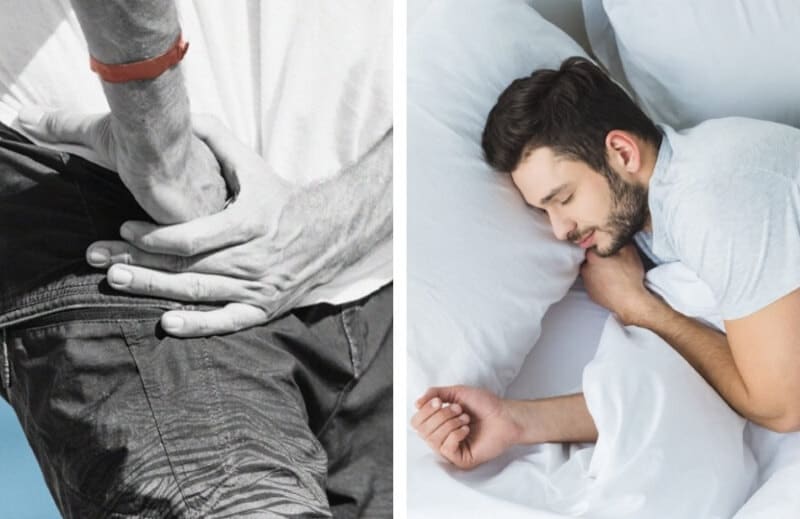

Do you snore? If so, you’re in very good company since research suggests that up to 40 percent of all adults snore, and it can even occur in children. For that matter, snoring has been reported in many different animal species. Even the lowly dormouse, a small rodent that spends a third of its life hibernating, has been recorded snoring loudly, something that has made at least one dormouse a YouTube star. Trusted Source Snoring Dormouse (Snoremouse!) - YouTube A sleepy Devonian dormouse… www.youtube.com Snoring also has a long medical history dating back to Ancient Egypt, when snoring was treated with the use of herbal remedies such as thyme.
Granted, the risk of snoring varies widely depending on factors like age, gender, body weight, and family history (keep reading for more information on that). Still, though snoring may seem harmless enough (except for the person sleeping next to you), it carries potential health risks. This is why the International Classification of Sleep Disorders (ICSD-3) classifies snoring as a sleep-related breathing disorder since it is a frequent symptom of something potentially more serious, including Obstructive Sleep Apnea or upper airway resistance syndrome (UARS). It can also be linked to other medical problems, many of which we will be exploring on this page.
Snoring is produced by loose membranes in the throat and upper respiratory tract, including the uvula, the tongue, the tonsils, and the soft palate. During sleep, these membranes can relax and slip enough that the airway becomes partially blocked. Because of this blockage, these membranes often vibrate as air passes through and produces snoring. How loud or how frequently the snoring occurs typically depends on how extensive the blockage is and how frequently it occurs when someone is sleeping. The blockage can also increase to the point of cutting off airflow completely though this is rarer.
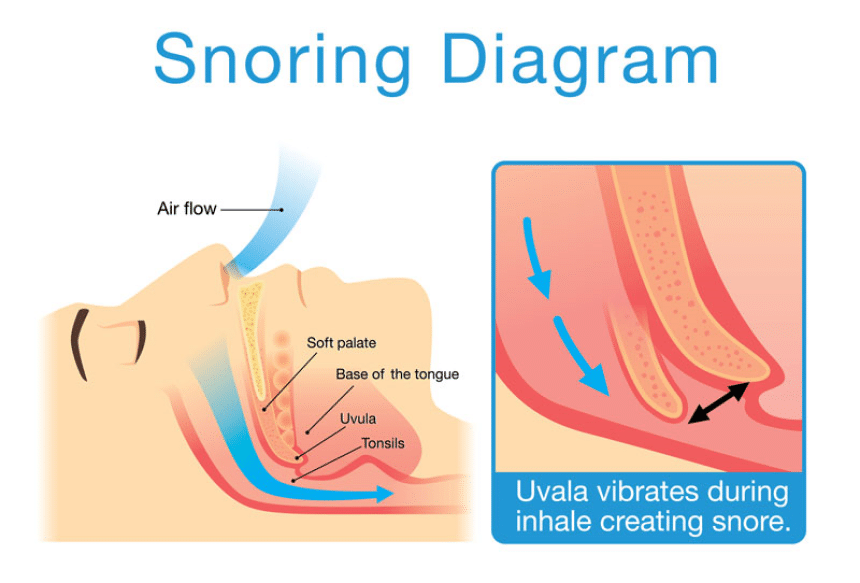
Once a snorer seeks medical advice, the snoring is typically evaluated to determine whether it is due to primary snoring (simple snoring) or whether it is a sign of conditions such as obstructive sleep apnea, which are more serious.
Among the different factors that can increase the risk of snoring are:
While research tends to show that adults who are middle-aged or older are more likely to be snorers, there are prominent exceptions. Snoring can also occur in young adults who are often completely unaware that they are snorers Trusted Source PubMed Snoring is a common sleep-related behaviour. Increased body mass index (BMI), cranio-facial anatomical features, and older age have been linked to the occurrence of snoring. While mostly middle-aged populations have been studied for the occurrence of snoring and sleep-related breathing abnormality, … pubmed.ncbi.nlm.nih.gov and may fail to seek help as a result. This can be especially serious since even snorers without more serious problems such as sleep apnea can be at risk for motor vehicle accidents Trusted Source Respiratory Medicine Self-reported sleepiness while driving as a risk factor for traffic accidents in patients with obstructive sleep apnoea syndrome and in non-apnoeic snorers www.resmedjournal.com due to excessive sleepiness.
Sleep problems in children, including snoring, have been identified as a public health issue Trusted Source ScienceDirect The prevalence of sleep problems among children in mainland China: a meta-analysis and systemic-analysis www.sciencedirect.com and appear to be increasing worldwide. One study reports Trusted Source CORE Reader Snoring in Portuguese primary school children core.ac.uk snoring in 8.8 percent of children though this number may be much higher since many snoring cases go undetected. Research has also linked snoring in children Trusted Source Snoring in Portuguese primary school children - PubMed Snoring is a common symptom in Portuguese children that is associated with behavioral daytime and sleep time disturbances. Children with loud snoring may benefit from early evaluation and intervention. pubmed.ncbi.nlm.nih.gov to significant daytime problems, including daytime sleepiness and irritability, behavior problems, and upper respiratory tract infections.
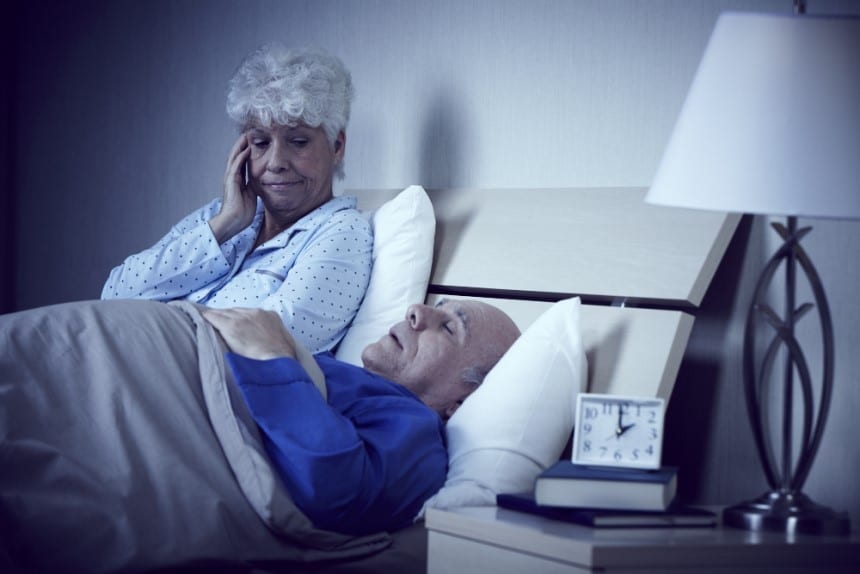 Air passages build
Air passages buildYour mouth’s anatomy can play a significant role in your snoring. For example, people with a low, soft palate or an elongated uvula can be more likely to snore since this can cause partial obstruction of the airway while sleeping. Snoring can also occur due to other issues such as enlarged adenoids or enlarged tonsils, which can narrow the airway and lead to increased snoring. Snoring in children can often be successfully treated Trusted Source Practice, complications and outcome in Swedish tonsil surgery 2009-2018. An observational longitudinal national cohort study - PubMed To assure a high quality in tonsil surgery, it is necessary to monitor trends in clinical practice, complications and outcome. pubmed.ncbi.nlm.nih.gov through surgical operations such as a tonsillectomy or an adenoidectomy. Such operations can also be beneficial for many adult snorers though this varies from case to case.
In many people, the thin wall between your nasal passages (known as the nasal septum) can be displaced to one side, making the passage smaller. This leads to what is known as a deviated septum which can block airflow in one of your nasal passages. Since most people prefer to breathe through their noses rather than their mouths when sleeping, this can also increase the risk for snoring. Other nasal problems, including chronic nasal congestion, can also increase snoring risk. A ten-year study conducted with people from five European studies Trusted Source US National Library of Medicine Nasal symptoms increase the risk of snoring and snoring increases the risk of nasal symptoms. A longitudinal population study www.ncbi.nlm.nih.gov showed a strong reciprocal link between snoring and nasal problems. In other words, not only were nasal problems proven to increase the risk of nasal problems, but nasal problems also increased the risk of snoring.
While being overweight or obese puts people at a higher risk for snoring and/or problems like obstructive sleep apnea, it can still occur in adults and children who aren’t overweight. Among the reasons that snoring is more common in overweight people is that they are more likely to have fatty tissue building up in those areas of the throat and nasal passages linked to snoring. This increases the likelihood of snoring, but it can also lead to the airway being closed off completely at times during sleep. This results in acute hypoventilation as well as related medical problems, including an increased risk of death. Many doctors recommend weight loss not only to cure snoring but also to reduce other potential health risks.
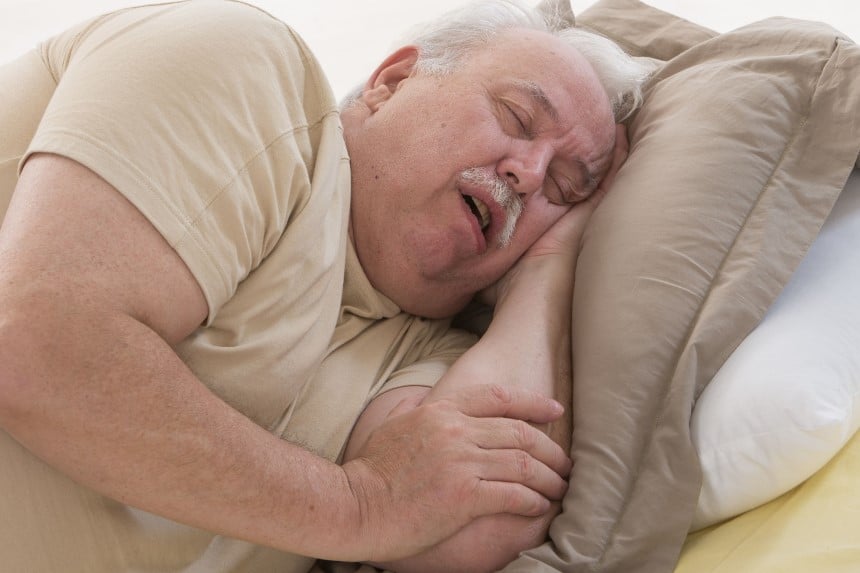 Alcohol and smoking
Alcohol and smokingHeavy drinking can be linked to many different sleep problems, including insomnia, disrupted sleep patterns, and breathing-related sleep disorders, including snoring. Since alcohol is a muscle relaxant, it can seriously impact nighttime sleep problems, especially for people who already have issues with sleep apnea and snoring. Recent research shows Trusted Source The impact of alcohol on breathing parameters during sleep: A systematic review and meta-analysis - PubMed Alcohol, a muscle relaxant, can potentially worsen obstructive sleep apnea (OSA) but the literature on the effects of alcohol on OSA is conflicting. This systematic review and meta-analysis of randomized controlled trials examined the impact of alcohol on breathing parameters during sleep. Ovid Medl … pubmed.ncbi.nlm.nih.gov that alcohol can lower oxygen saturation levels and generally worsen nighttime sleep episodes.
While the link between smoking and sleep-related breathing disorders such as obstructive may be as great as with alcohol Trusted Source The association between cigarette smoking and obstructive sleep apnea - PubMed We did not find any significant association between cigarette smoking and OSA after adjusting for age, sex, and BMI. Further well-designed prospective controlled cohort studies might clarify the relationship between cigarette smoking and OSA. pubmed.ncbi.nlm.nih.gov , chronic tobacco use can still aggravate breathing passages which can contribute to congestion and other breathing problems. For that matter , being exposed to air pollution and even home dampness Trusted Source Snoring and environmental exposure: results from the Swedish GA2LEN study - PubMed Snoring is more prevalent in subjects reporting home dampness and air pollution. These association should be confirmed in further research using objective measurements and a longitudinal approach. pubmed.ncbi.nlm.nih.gov might also lead to snoring in many people.
Though snoring is already strongly linked with obstructive sleep apnea, prolonged snoring can also be a sign of other medical conditions, including hypertension Trusted Source Prevalence and factors correlated with hypertension secondary from obstructive sleep apnea - PubMed Age, male sex, history of snoring, and headache were independent predictors of hypertension caused by OSA. pubmed.ncbi.nlm.nih.gov , gout Trusted Source Sleep disorders and gout in Australian adults - PubMed Diagnosed and suspected OSA are associated with higher likelihood of gout. Participants with gout are also more likely to report suffering from restless legs syndrome, insomnia and worry about their sleep. Given the morbidity associated with sleep problems, we should be vigilant regarding sleep heal … pubmed.ncbi.nlm.nih.gov , Type 2 diabetes, and cardiovascular health problems Trusted Source Childhood snoring has long‐term adverse effects on cardiovascular health - Horne - 2021 - Respirology - Wiley Online Library See related article See related article onlinelibrary.wiley.com , to name just a few. Numerous research studies have also linked snoring to carotid artery disease Trusted Source Association between Snoring and High-Risk Carotid Plaque Features Previous studies have demonstrated an association between snoring and carotid disease independent of sleep apnea. The aim of this study was to quantify the association between self-reported snoring and high-risk carotid plaque features on magnetic resonance imaging (MRI) that predict stroke. www.ncbi.nlm.nih.gov , including the buildup of arterial plaque, something that may well lead to strokes due to the “vibration trauma” caused by snoring. As well, snoring can also lead to problems with daytime sleepiness, stress, and related issues, which can also adversely affect mental health.
Given the potential seriousness of snoring, whether in children or adults, all snoring cases need to be carefully evaluated by qualified medical professionals and may include a formal sleep study as well as diagnostic imaging to determine the proper treatment.
Sleeping next to someone who is snoring can be a significant challenge. Short of demanding separate bedrooms, here are a few things you can try at night to ensure your peace of mind.
People who sleep on their backs are at particular risk for snoring since this allows the tongue to fall backward and narrow the airway even further. This increases the snoring, but it can also reduce the amount of air getting into the lungs. Try gently pushing your partner onto their side. Since most people toss and turn while sleeping, you may need to repeat this a few times.
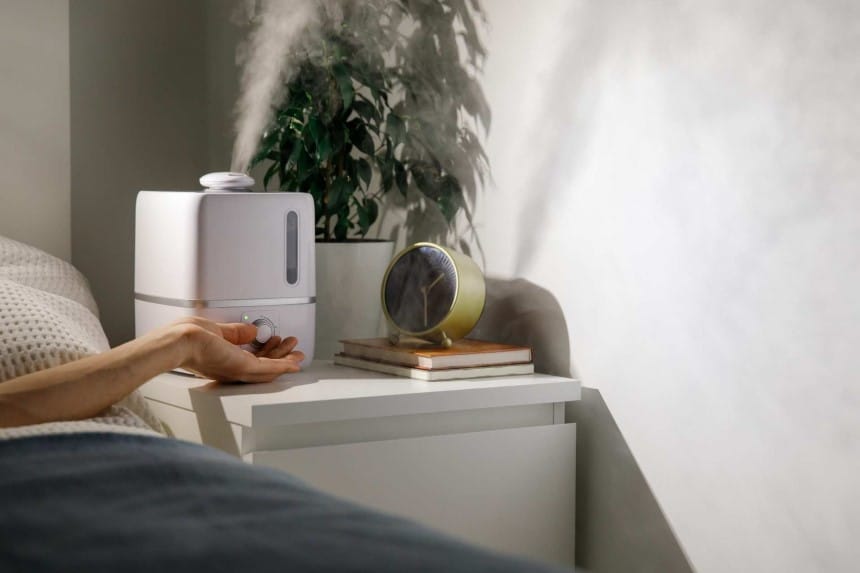
Sticking a pillow under your partner’s head can raise their center of gravity enough to reduce airway blockage, especially in conjunction with making them sleep on their side. There are also special wedge pillows designed specifically for snorers that can be bought online. Extra pillows can also help in propping your partner up Trusted Source Puffy Body Pillow | Best Body Pillow For Support & Cuddles A cuddly hypoallergenic Memory Foam Body Pillow best for neck, hip and shoulder support. Ships fast and free in 1-3 Business Days and Sold Exclusively Online. puffy.ca to keep them sleeping on the side rather than the back.
While anyone who experiences snoring needs to be carefully assessed by a medical doctor to rule out other health problems, there are still some things you can try to cut down on snoring and ensure a good night’s sleep.
As mentioned above, sticking an extra pillow under your head might tilt your neck a bit to reduce airway blockage. You can also try raising the head of your bed by a few inches, usually by placing a wooden board or stuffing some extra blankets under the head of your mattress. This moves your center of gravity enough to reduce the risk of airway blockage.
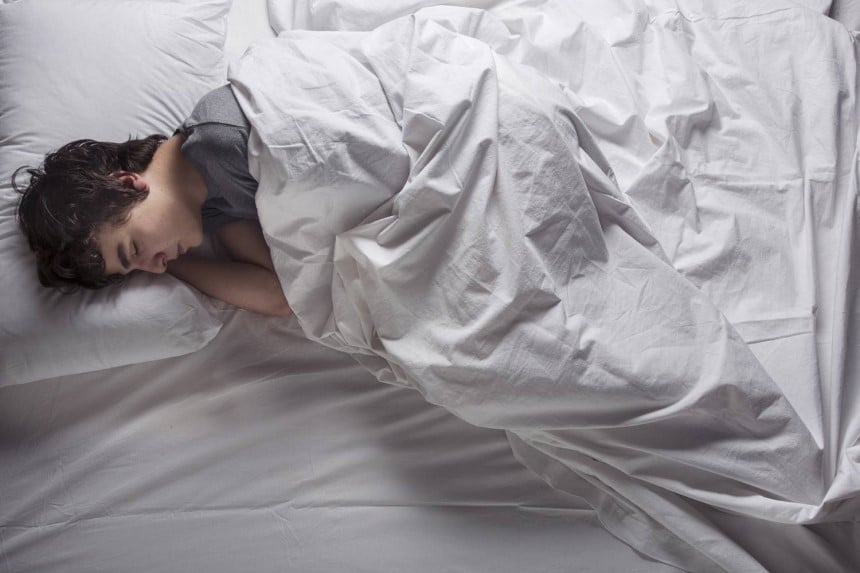
Many of the suggestions for getting a good night’s sleep can apply to snoring as well. Avoid alcohol or sedatives before bedtime. Sedatives and alcohol are central nervous system depressors that can cause excess muscle relaxation and increase the risk of your tongue and other tissues slipping down and obstructing your airway.
Depending on what is causing your snoring, external aids such as nasal strips, oral shields, or chin-up strips might help. Nasal strips are applied to the bridge of the nose and can help increase increase the area of your nasal passage, enhancing their breathing. There are also nasal dilators that can be applied externally across the nose to decrease airflow resistance. Chin-up strips work to keep the airway as open as possible to reduce obstruction and prevent snoring. Be very careful only to use these aids with a medical doctor’s approval since they might not work if your snoring is due to sleep apnea or some other underlying condition.
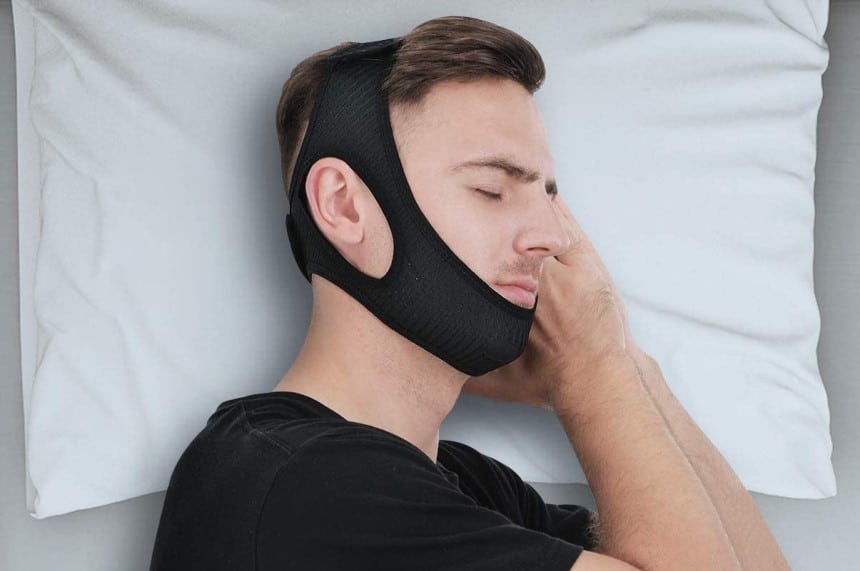 Lifestyle changes
Lifestyle changesIf you are an adult, you should aim for at least seven hours of sleep a night. That means setting a regular sleep schedule, including a set time for getting to sleep and waking up in the morning. Avoid anything that might disrupt your sleep at night, including alcohol, smoking, or eating a heavy meal less than two hours before going to bed.
Myofunctional exercises can be used to strengthen muscles in the tongue, mouth, and upper throat as a way of reducing obstructive sleep apnea and chronic snoring. Research suggests that exercises such as these can be extremely effective Trusted Source Oropharyngeal and tongue exercises (myofunctional therapy) for snoring: a systematic review and meta-analysis | SpringerLink Oropharyngeal and tongue exercises (myofunctional therapy) have been shown to improve obstructive sleep apnea. However, to our knowledge, a systematic revi link.springer.com in reducing chronic snoring for many people.
Different medical devices are available for snorers, including dental splints to advance the lower jaw and pull the tongue forward enough to eliminate snoring. These can be extremely effective but can only be prescribed by a dentist. If you re dealing with obstructive sleep apnea, then you may benefit from a continuous positive airway pressure (CPAP) device with a face or nasal mask to help you sleep at night. See your sleep specialist for this.
There are also surgical procedures that can be used to reduce the likelihood of snoring that can be extremely effective for many people. They can include surgical procedures to remove tissues at the back of the throat to widen the airway as well as removing tonsils or adenoids that might cause snoring.
If you find yourself in the same room (or even in an adjoining room) with someone snoring loudly, here are some things you can try.
Focusing on the sound of the snore almost always makes the problem worse. Try reading or doing something else to take your mind off the sound, at least long enough that you adjust to it.

If you are dealing with snoring regularly, try to get to be earlier than your partner. Hopefully, this means you will be asleep when the snoring starts and won’t nearly be as disruptive.
You can buy a commercial white noise generator online or, more cheaply, just use an ordinary clock radio set to a point between stations. Set the volume to a comfortable level, and it will drown out any distracting noises, including snoring.
If you can arrange for a separate bedroom, this is probably the best solution if the other things mentioned above fail to work.
Above, we have covered a wide range of topics relating to snoring, including its causes, the medical problems that can go with it, how it can be treated, and how you and the rest of your family can learn to live with it. Even if snoring isn’t linked to other medical issues such as obstructive sleep apnea, it can still disrupt your sleep and the sleep of anyone in earshot and should never be ignored.
While dealing with the problem of how to stop someone from snoring is a perennial problem for just about everyone, the information provided will hopefully give you some guidance on how to deal with it.




